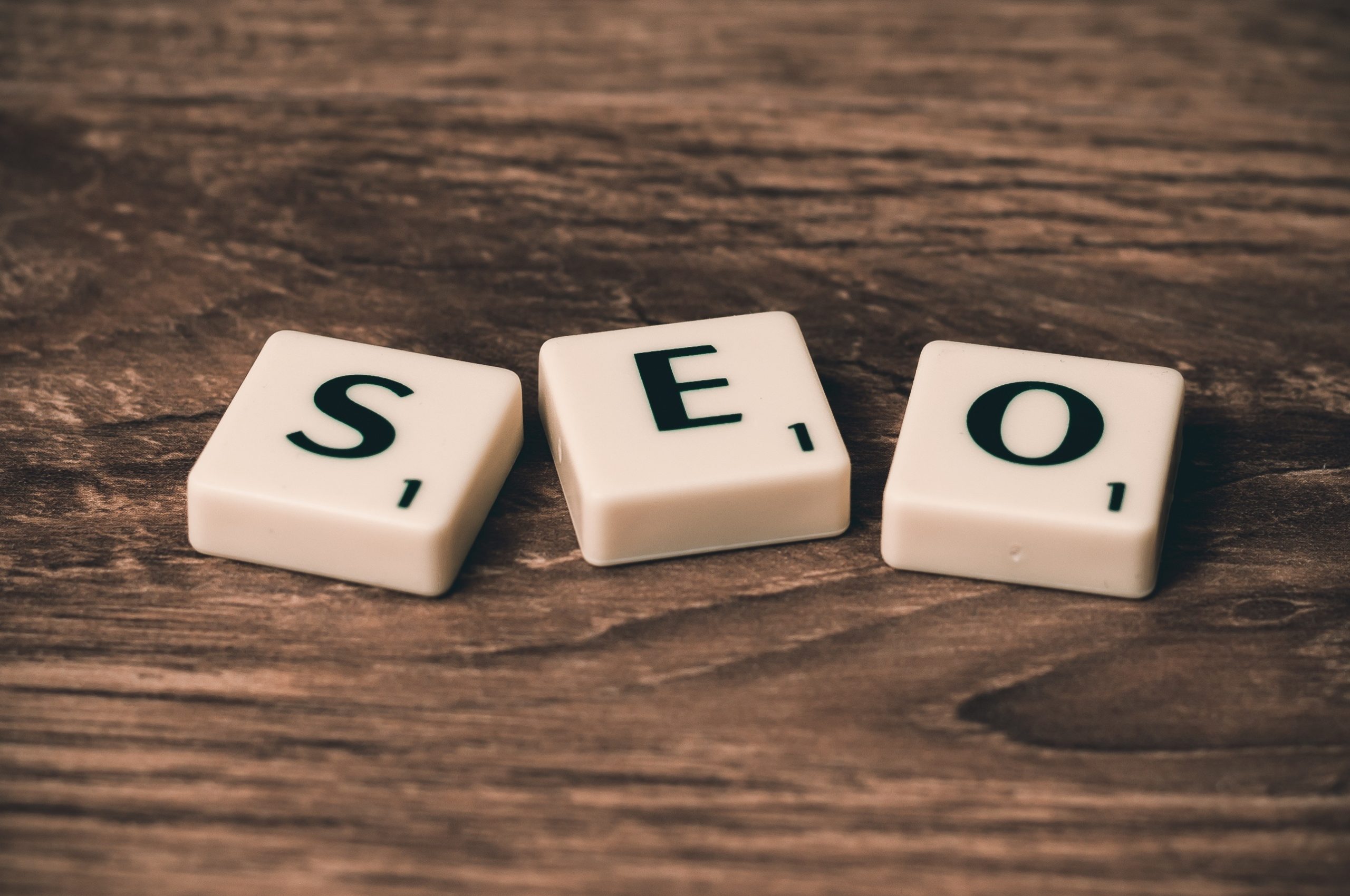In today’s digital age, data collection has become a crucial aspect of running a successful business. However, with the increasing concern for privacy and regulations, it is essential for companies to ensure their data collection practices align with compliance standards. In this article, we will explore some inspiring success stories of businesses that have successfully navigated the complex landscape of data collection compliance. By understanding these real-world examples, you will gain valuable insights into the importance of compliance and how it can positively impact your business. Gain peace of mind and cultivate trust with your customers by adhering to data collection compliance standards. Call our expert lawyer today for a consultation and take the necessary steps to safeguard your business.
Privacy Laws and Data Collection Compliance
In today’s digital age, data collection has become an integral part of businesses and organizations across industries. However, the increasing prevalence of data breaches and privacy concerns has led to the implementation of stringent privacy laws and regulations. Achieving compliance with data collection laws is crucial for businesses to protect customer data, maintain trust, and avoid legal consequences. This article will explore the importance of data collection compliance, the impact of privacy laws, best practices for achieving compliance, building trust with customers, strategies for successful compliance, data breach prevention and response, ensuring compliance in third-party data collection, the impact of non-compliance, and maintaining ongoing compliance.
Achieving Compliance with Data Collection Laws
Compliance with data collection laws is not only a legal requirement but also a necessary step to protect the privacy and security of customer data. With the introduction of laws such as the General Data Protection Regulation (GDPR) in the European Union and the California Consumer Privacy Act (CCPA), organizations must adhere to strict guidelines when collecting, storing, and processing personal data. Achieving compliance requires a thorough understanding of the applicable privacy regulations, the development of internal policies and procedures, and conducting regular privacy audits to ensure adherence to these regulations.

How Privacy Laws Affect Data Collection
Privacy laws have a profound impact on data collection practices. These laws define the rights of individuals regarding their personal information and impose obligations on businesses. Privacy laws often require organizations to obtain informed consent from individuals before collecting their data and to provide clear information about how their data will be used. These laws also give individuals the right to access, correct, and delete their personal information and require organizations to implement appropriate security measures to protect the collected data.
Benefits of Data Collection Compliance
Compliance with data collection laws offers several benefits to businesses. Firstly, it helps build trust and credibility with customers, as they can be assured that their privacy is being protected. This trust not only leads to increased customer loyalty but also fosters positive brand reputation. Compliance also reduces the risk of legal consequences, such as fines and penalties, which can be financially detrimental to a business. Moreover, compliance strengthens data security measures, mitigates the risk of data breaches, and ensures the seamless flow of data across borders, enabling businesses to operate on a global scale without legal barriers.

Case Studies on Data Collection Compliance
To illustrate the importance and impact of data collection compliance, let us explore three success stories of companies that have overcome challenges and implemented effective compliance measures.
Company A: Overcoming Data Collection Challenges
Company A, a multinational e-commerce platform, faced significant challenges in achieving compliance with various privacy laws across different jurisdictions. By investing in legal expertise and conducting privacy audits, they were able to assess their existing data collection practices, identify gaps, and implement necessary changes. By appointing a dedicated data protection officer and educating employees on privacy compliance, Company A successfully achieved compliance and strengthened customer trust.
Company B: Implementing Data Protection Measures
Company B, a financial institution, recognized the importance of data protection but struggled to create a comprehensive compliance framework. They sought legal counsel and developed internal policies and procedures to ensure compliance with privacy laws. In addition, they implemented robust security measures, including encryption and access controls, and established a system to detect and respond to potential data breaches. As a result, Company B successfully protected customer data and demonstrated their commitment to privacy compliance.
Company C: Maintaining Transparency in Data Collection
Company C, a technology firm that handles large amounts of personal data, prioritized maintaining transparency in their data collection practices. They provided clear and concise privacy notices to their customers, informing them about the types of data collected and the purposes for which it would be used. Moreover, they implemented an opt-out mechanism, allowing customers to exercise control over their data. By maintaining comprehensive records of data processing activities, Company C ensured transparency and compliance with privacy laws.
Data Collection Compliance Best Practices
To ensure compliance with data collection laws, businesses should adopt the following best practices.
Understanding Applicable Privacy Regulations
Businesses must have a deep understanding of the privacy laws and regulations that apply to their operations. This includes familiarizing themselves with laws such as the GDPR, CCPA, and other relevant legislation to ensure compliance.
Developing Internal Policies and Procedures
Creating comprehensive internal policies and procedures is essential for consistent and uniform data collection practices. These policies should outline guidelines for obtaining consent, data retention periods, security measures, and procedures for handling data breaches.
Conducting Regular Privacy Audits
Regular privacy audits are crucial to evaluate compliance with data collection laws. These audits assess the effectiveness of existing policies and procedures, identify areas for improvement, and ensure ongoing adherence to privacy regulations. It is recommended to conduct privacy audits at least annually or whenever significant changes occur in data collection practices or laws.
Building Trust with Customers through Compliance
Building trust with customers is essential for businesses to thrive and succeed. Compliance with data collection laws plays a vital role in establishing this trust. Here are some key strategies for building trust through compliance.
Transparency in Data Collection Practices
Transparency is crucial when it comes to data collection. Clearly communicating to customers how their data will be collected, used, and protected helps build trust. Privacy notices and policies should be easily accessible and written in plain language to facilitate understanding.
Providing Opt-Out and Consent Options
Offering customers the ability to opt out of certain data collection practices or providing them with clear consent options gives them a sense of control over their personal information. This fosters trust and demonstrates a commitment to respecting individual privacy choices.
Safeguarding Collected Data
Implementing strong security measures to safeguard collected data is vital for maintaining customer trust. Encryption, access controls, and regular data backups are some of the key measures that businesses should adopt to protect sensitive customer information.
Successful Data Collection Compliance Strategies
Achieving and maintaining data collection compliance requires the implementation of effective strategies throughout an organization. Here are some strategies that can help businesses succeed in compliance efforts.
Educating Employees on Privacy Compliance
Employees play a vital role in data collection compliance. Regular training and awareness programs should be conducted to educate employees on the importance of privacy compliance, data protection best practices, and their roles and responsibilities in safeguarding customer data.
Engaging with Data Protection Authorities
Engaging with data protection authorities can provide valuable guidance and insights into privacy regulations and compliance requirements. Establishing relationships and seeking guidance when needed can help businesses stay up to date with the evolving landscape of data collection laws.
Creating a Culture of Privacy
Developing a culture of privacy throughout an organization ensures that privacy compliance becomes ingrained in every aspect of the business. This includes promoting privacy-conscious decision-making, fostering transparency, and encouraging proactive compliance efforts.

Data Breach Prevention and Response
Despite the best efforts to comply with data collection laws, data breaches can still occur. Implementing robust security measures and having a comprehensive incident response plan in place is essential to prevent and mitigate the impact of data breaches.
Implementing Strong Security Measures
Businesses should invest in robust security measures to protect collected data from unauthorized access or breaches. This includes implementing encryption, access controls, multi-factor authentication, and regular security assessments.
Developing an Incident Response Plan
Having an incident response plan in place enables businesses to respond promptly and effectively to data breaches. This plan should outline the steps to be taken in the event of a breach, including notifying affected individuals and regulatory authorities, conducting forensic investigations, and implementing remedial actions.
Promptly Reporting and Mitigating Data Breaches
In the event of a data breach, businesses must promptly report the breach to the relevant authorities and affected individuals. Taking immediate action to mitigate the impact of the breach and implementing measures to prevent similar incidents in the future is crucial.
Ensuring Compliance in Third-Party Data Collection
Many businesses rely on third-party vendors or partners for various data collection activities. It is essential to ensure that these third parties also comply with data collection laws to protect the privacy of customers.
Vetting and Monitoring Third-Party Data Collectors
Before engaging third-party data collectors, businesses should thoroughly vet their privacy practices and compliance with data collection laws. Regular monitoring and audits should be conducted to ensure ongoing compliance.
Including Data Protection Clauses in Contracts
Including robust data protection clauses in contracts with third-party data collectors provides additional legal protection and ensures that these vendors will handle data in a compliant manner. These clauses should outline the responsibilities of the third party and the consequences of any non-compliance.
Regularly Assessing Third-Party Compliance
Continuous assessment of third-party compliance is necessary to ensure ongoing adherence to data collection laws. Regular audits and performance evaluations should be conducted to verify compliance and address any issues that may arise.
Impact of Non-Compliance with Data Collection Laws
Non-compliance with data collection laws can have severe consequences for businesses. It is important to understand the potential impact to protect both the company’s reputation and the financial stability.
Legal Consequences and Penalties
Non-compliance with data collection laws can result in legal consequences, including fines, penalties, and legal actions. These consequences can vary depending on the jurisdiction and the severity of the non-compliance.
Reputational Damage and Customer Loss
Non-compliance can lead to reputational damage and loss of customer trust. Negative publicity resulting from data breaches or non-compliant practices can significantly harm a company’s brand and result in customer attrition.
Loss of Competitive Advantage
Failure to comply with data collection laws can put businesses at a competitive disadvantage. Customers are increasingly prioritizing privacy and are more likely to choose companies that prioritize data protection and comply with relevant regulations.
Maintaining Ongoing Data Collection Compliance
Achieving compliance with data collection laws is not a one-time effort. Businesses must maintain ongoing compliance by staying updated on privacy laws, adapting to regulatory changes, and continuously evaluating data collection practices.
Staying Updated on Privacy Laws
Privacy laws and regulations are constantly evolving. Businesses must stay updated on new laws, amendments, and regulatory guidelines to ensure ongoing compliance. Engaging legal counsel and subscribing to reliable legal updates are effective ways to stay informed.
Adapting to Regulatory Changes
As privacy laws change, businesses must adapt their data collection practices accordingly. Employing a proactive approach and promptly implementing necessary changes enables businesses to remain compliant amidst evolving regulatory landscapes.
Continuously Evaluating Data Collection Practices
Continuous evaluation of data collection practices allows businesses to identify areas for improvement and promptly address any compliance gaps. Regular privacy audits, risk assessments, and internal reviews are essential tools for maintaining ongoing compliance.
FAQs about Data Collection Compliance
Below are some frequently asked questions about data collection compliance, along with brief answers to provide further clarity on the topic.
What are the main privacy laws that businesses need to comply with?
Businesses need to comply with various privacy laws, depending on their jurisdiction and the scope of their operations. Some common privacy laws include the General Data Protection Regulation (GDPR) in the European Union, the California Consumer Privacy Act (CCPA) in the United States, and the Personal Information Protection and Electronic Documents Act (PIPEDA) in Canada.
What happens if a company fails to comply with data collection regulations?
The consequences of non-compliance with data collection regulations can vary depending on the jurisdiction and the severity of the violation. Possible consequences include fines, penalties, legal actions, reputational damage, customer loss, and loss of competitive advantage.
What steps can businesses take to protect collected data?
To protect collected data, businesses should implement strong security measures, such as encryption, access controls, and regular security assessments. It is also crucial to establish internal policies and procedures, conduct privacy audits, educate employees on privacy compliance, and engage with data protection authorities for guidance and insights.
How often should privacy audits be conducted?
Privacy audits should be conducted regularly to evaluate compliance with data collection laws. It is recommended to conduct privacy audits at least annually or whenever significant changes occur in data collection practices or laws.
Are there any exemptions to data collection compliance for small businesses?
The exemptions to data collection compliance can vary depending on the jurisdiction and the specific laws in place. While some laws may have specific provisions for small businesses, it is crucial for all businesses to understand and comply with the applicable privacy laws to protect customer data and avoid legal consequences.
Legal Consultation
When you need help from a lawyer call attorney Jeremy D. Eveland, MBA, JD (801) 613-1472 for a consultation.
Jeremy Eveland
17 North State Street
Lindon UT 84042
(801) 613-1472










